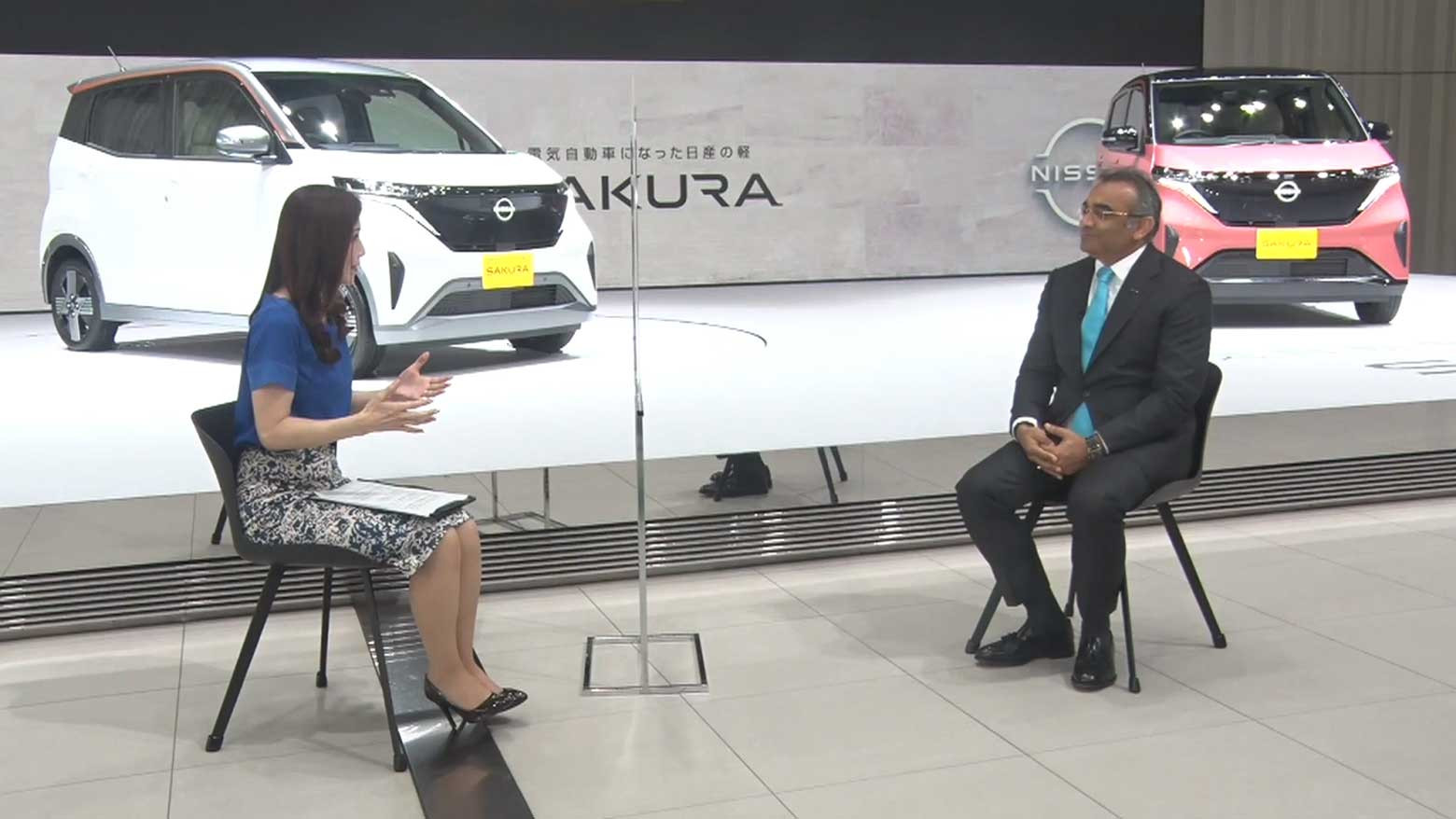US EV giant Tesla has two models in the top 10 bestselling electric vehicles and China has a whopping six. But the big names in Japan are nowhere to be seen, and they want a bigger piece of the pie. Nissan says it will roll out 23 electrified vehicles, including 15 that are all-electric, by the end of the decade.
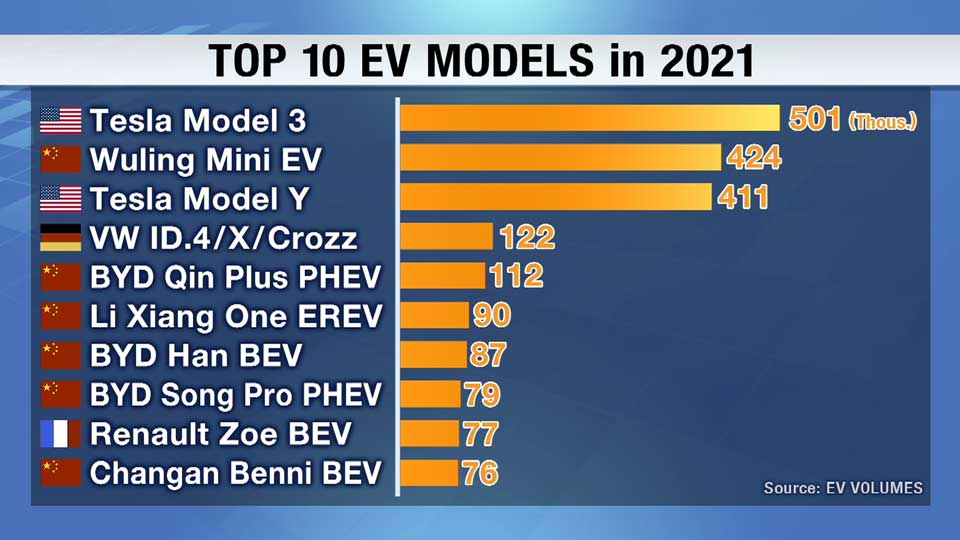
"For me, 2030 will definitely be a new automotive market — not only driven by electrification, but also driven by ultimate freedom on wheels," says Gupta. "And how you define that ultimate freedom is mobility, a communication platform and an energy platform."
The Sakura, which Nissan unveiled in May, is a sign of the company's ambitions. It's an all-electric minivehicle — or kei car. Gasoline-powered vehicles in this category have a limited engine capacity and they're immensely popular in Japan, accounting for 40% of all car sales.
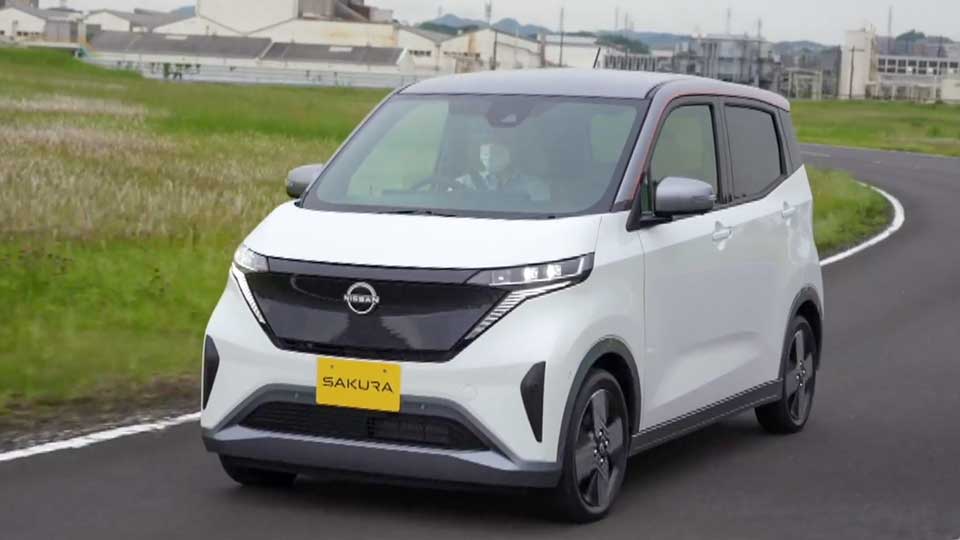
Gupta says the Sakura is aimed at people who drive 25 to 30 kilometers per day. With its 180-kilometer range, it would need to be charged just twice a week.
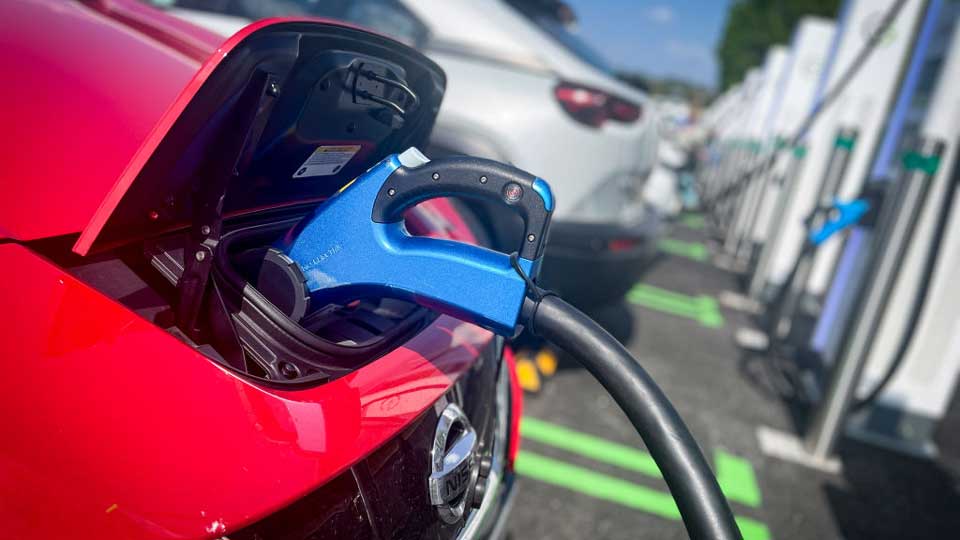
COO seeks improved integration
The rapidly changing automobile market is arguably more difficult to navigate for giants like Nissan, which must also meet demand for conventional vehicles. Startups and other firms entering the EV industry are nimble, with all their investments aimed firmly at the future.
Gupta views this as a plus. "The new players give us insight, and that's why we at Nissan are changing our focus from selling cars to selling a user experience," he says. "That's the biggest shift we as an automaker must make."
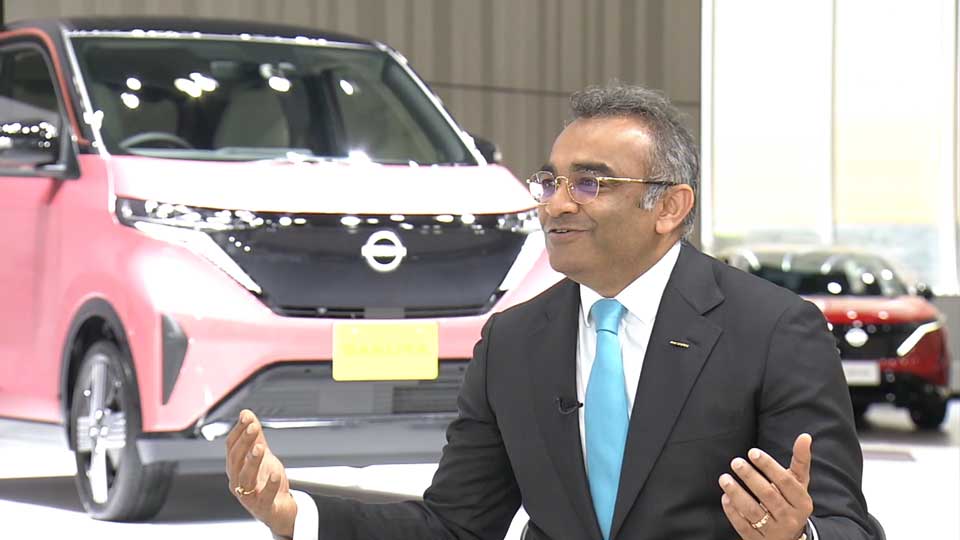
The COO says vertical integration — in other words, full control of the manufacturing process — will be crucial to making that transition.
Need more efficient batteries? Make them yourself. "We need our own electrified technologies, whether that's e-powertrains or other electric platforms," he says. So that's why we need full vertical integration of all our business touchpoints."
But he's not dismissing the need for horizontal integration either, especially in the digital realm. "We have tie-ups with Google, we have tie-ups with Android, and so on. The core remains with Nissan — because that core is defined by 100 years of customer experience built up around the world. But those customers also have other experiences. So why not collaborate to make a great service-driven product? That's our strategy."
Gupta is confident his company can remain competitive. But with the industry moving into new territory, Nissan and Japan's other major automakers are facing the ultimate test.
